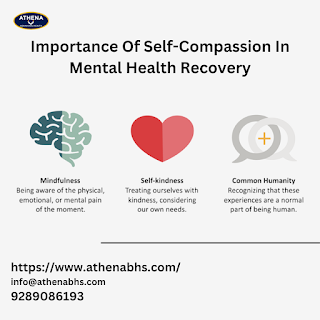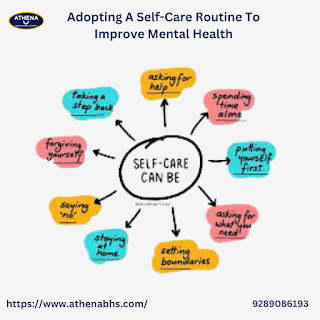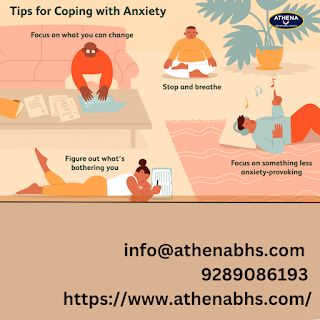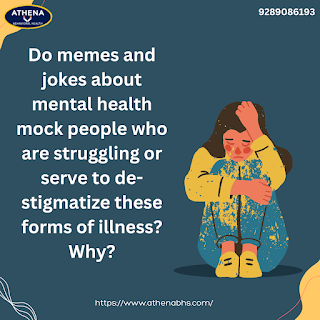Choosing the right mental health treatment facility can be overwhelming, but it's essential for your recovery journey. Here are some steps that can help you choose the right facility for your needs:
Research potential treatment facilities: Look for facilities that specialize in treating your specific mental health condition. You can search online, ask for recommendations from your healthcare provider, or contact mental health organizations in your area.
Check the facility's credentials and accreditation: Ensure that the facility you choose is licensed and accredited by recognized organizations. This ensures that the facility meets the standards for quality of care and safety.
Evaluate the treatment programs and services: Look into the various treatment programs and services offered by the facility, such as individual and group therapy, medication management, and alternative therapies. Choose a facility that offers the type of treatment that aligns with your needs and preferences.
Consider the location and amenities: Decide whether you prefer a facility close to home or a more secluded location. Also, consider the amenities and accommodations, such as private rooms, outdoor spaces, and recreational activities, to ensure that you feel comfortable and at ease during your stay.
Evaluate the cost and insurance coverage: Understand the cost of treatment and whether your insurance covers it. If you don't have insurance or your insurance doesn't cover mental health treatment, ask about payment options and financial assistance programs.
Visit the facility: Schedule a visit to the facility to get a feel for the environment, meet the staff, and ask any questions you may have. This can help you determine whether the facility is the right fit for you.
Remember, choosing the right mental health
treatment facility is an important decision that can impact your recovery
journey. Take the time to research and evaluate your options to find a facility
that aligns with your needs and preferences.
Athena Behavioral Health is a
mental health and addiction treatment facility that offers personalized
treatment plans for individuals struggling with mental health and substance
abuse issues. The facility is located in Gurgaon and offers a range of
programs, including residential treatment and intensive outpatient treatment
Read More: Best Psychiatric center in Delhi Gurgaon , Best De-Addiction Centres in Delhi , Detox Centers in India












